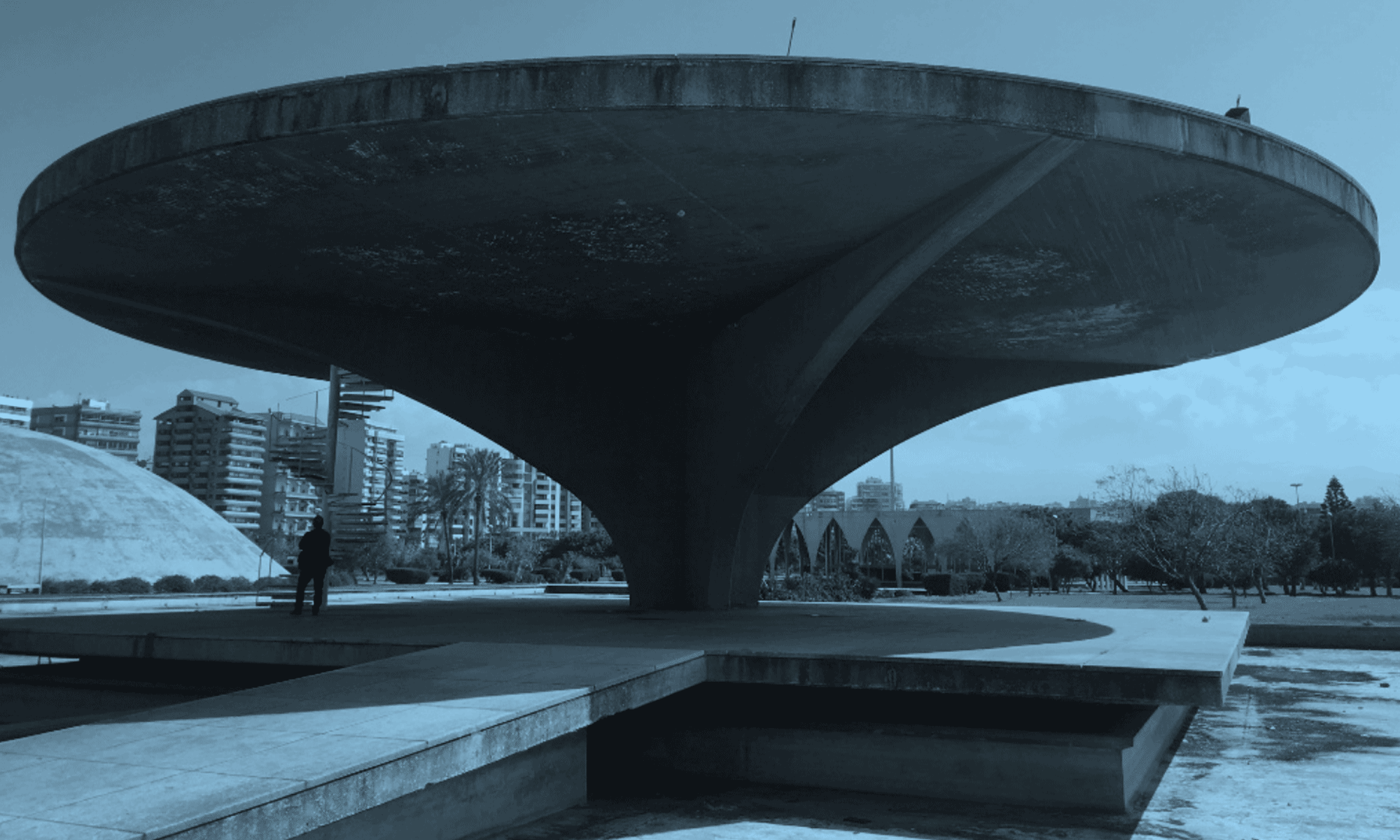I was able to singshatter glass; my scream slew flower vases; my song caused widows to crumple to their knees and let drafts rule; my voice sliced open display cases like a chaste and therefore merciless diamond […].
Oskar Matzerath in „The Tin Drum“ by Günther Grass
To run a festival is a bit like to raise a child, with all the ups and downs and everybody who operates a festival or has children knows what I’m talking about.
Like children, most festivals come to life by accident, some are strategical planned but love has to be involved almost always. Of corse there are the cases of artificial conception but we’re not talking about those festivals here.
Ones you put a child/festival out into the world you have to live with it, you naturally accept all demands, dynamics, developments and challenges – you are responsible now.
You’re constantly busy catching up to manage logistics, new time structures, coordinations and paperwork. But you don’t mind, everything is new and exciting, unquestionable. You make mistakes and have doubts but you develop routines helping to manage that new reality. You’re payed off by the countless moments of pleasure and excitement, every new little thing you discover and every small step makes you happy.
Up to a certain age, let’s say up to 3 or 4, children are allowed to just be in the world, learn the basics of communication and interaction and explore everything in a unprejudiced and wild way. Surly some very distinct character properties might flash up here and there but you are still in a protection zone, the outside world is judging very mildly and sympathetically. Kids can’t do so much wrong, almost everything they propose is getting applause.
Things change and get more complicated around the age of 5, when people start to expect a certain reasonability and consciousness. You have to behave and play with social rules, things become more political. Negotiating and compromising starts. Certainly that innocence is getting lost. That naivety which produced so much questions and surprises fades away. By the age of 10 you are considered very often as almost grown up. You have to fit into the system, play the system and long ago you started to compete. There seems to be no other option, you have to grow up further, become more prudential, rational and adult.
Looking backwards on the history of a festival is as nice and dangerous as looking at a family photo album, full of romanticization and sentimentality.
And like all metaphors – this one is not fully working. Of course this is not about idealizing the state of naivety and trying to avoid confrontation with reality. Especially not in the case of Tsonami, a festival what is so deeply involved with the social context, operates so thoughtfully and responsible within the city. What I’m trying to address here is the format of a festival itself. If „art is like a thought send to you from the future“ as Timothy Morton said, should not festivals be the temporary shelters, free spaces and laboratories for the artists?
If it’s the role of art to be curious constantly, be a step ahead of society and generate these little shifts of perception, provoke these moments of pure excitement and astonishment – festivals should concentrate those free energies, make things possible which have no place otherwise. They should explore fearless new forms of production, presentation, translation and mediation to a wider audience without to much concerns. Festivals have to generate these little islands in time and society for their audiences which can change your perspective.
Or maybe some festival you wish might never grow up, and keep their spirit playful exploring the world…
Oskar Matzerath, the hero in Guenther Grass’s „Tin Drum“ decides on his third birthday not to grow anymore. Intellectually and humanly very well developing he remains in the body of a child. Whenever he has to protect himself against the world of grown ups he starts to scream in a pitch which can break glass and he uses his tin drum to articulate his protest against the dishonest and conniving world of the adults.
Still this is only one angle to look at things, but maybe a picture for how I imagine a festival working with sound in society….
My older daughter is turning 10 this year, I hope in a few years time, when she is starting to go to festivals, she will attend a festival which is made with love and passion and will have – instead of just consume – the same experience of productive stimulation I had. Maybe this will be the 20th edition of Tsonami in Valparaiso.
October 2017
Carsten Stabenow, Prologue for the book "Tsonami - 10 años" available soon - ISBN 978-956-393-196-9
